UN Security Council Convenes on Israel-Iran Crisis, Warns of Regional Conflagration
The UN Security Council held an emergency session after Israel’s strikes on Iran’s nuclear sites. Members clashed over legality and risks. The UN, IAEA, and Iran condemned the attacks, while Israel called them defensive. Fears grow of wider regional war.
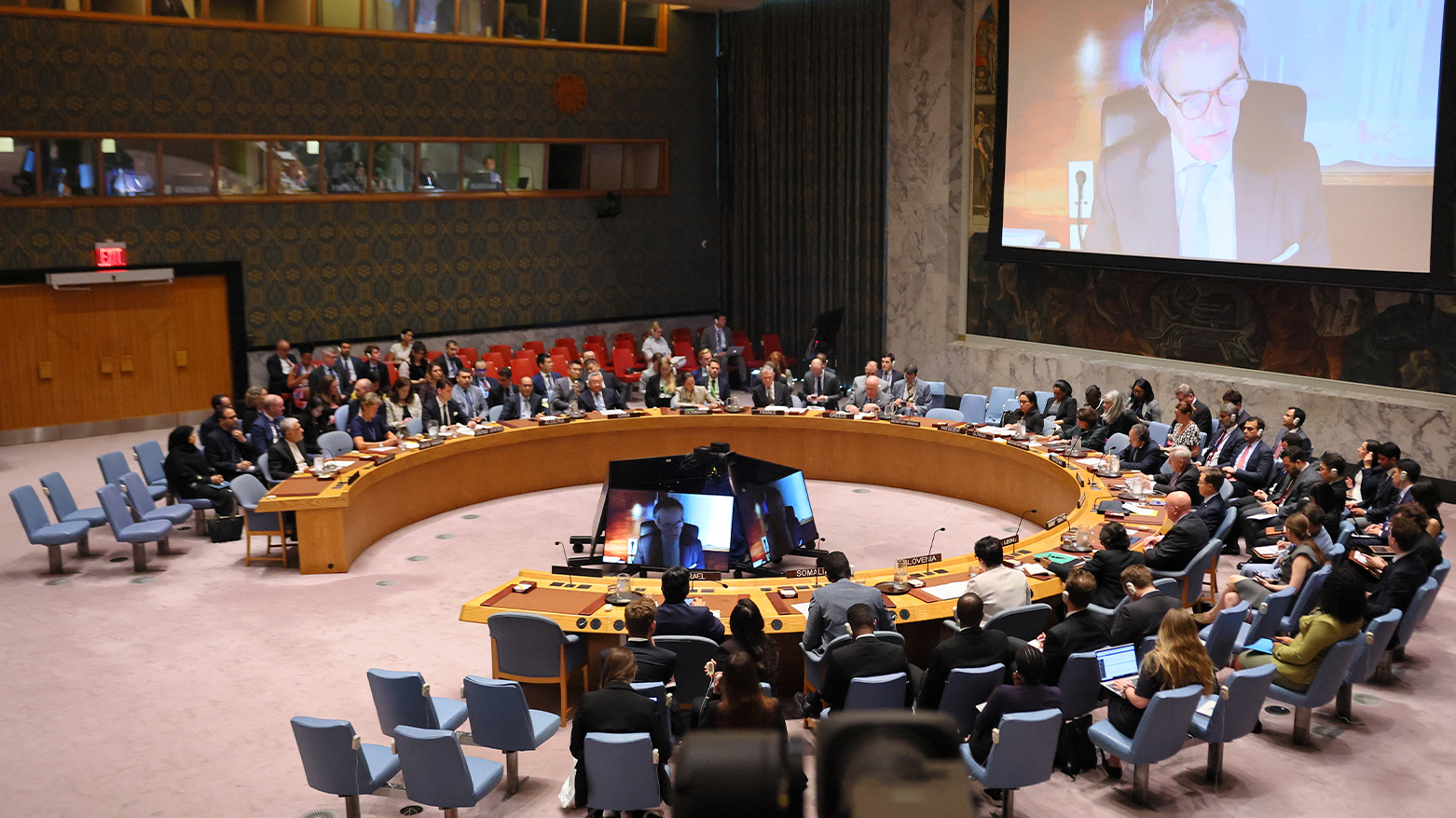
By Kamaran Aziz
ERBIL (Kurdistan24) – The United Nations Security Council convened an emergency session Friday to address the escalating crisis between Israel and Iran following a wave of Israeli airstrikes that targeted nuclear and military facilities across Iran.
The Council cleared its schedule to hear urgent briefings from top UN officials and representatives from member states. The strikes, launched overnight from Thursday into Friday, reportedly hit critical sites including the Natanz enrichment facility and resulted in the deaths of high-ranking Iranian officials, including Islamic Revolutionary Guard Corps (IRGC) Commander Hossein Salami and several nuclear scientists. Iranian media also reported dozens of civilian casualties.
UN Under-Secretary-General for Political Affairs Rosemary DiCarlo warned ambassadors that the repercussions were "already reverberating," emphasizing that the situation threatened to spiral into a broader regional war.
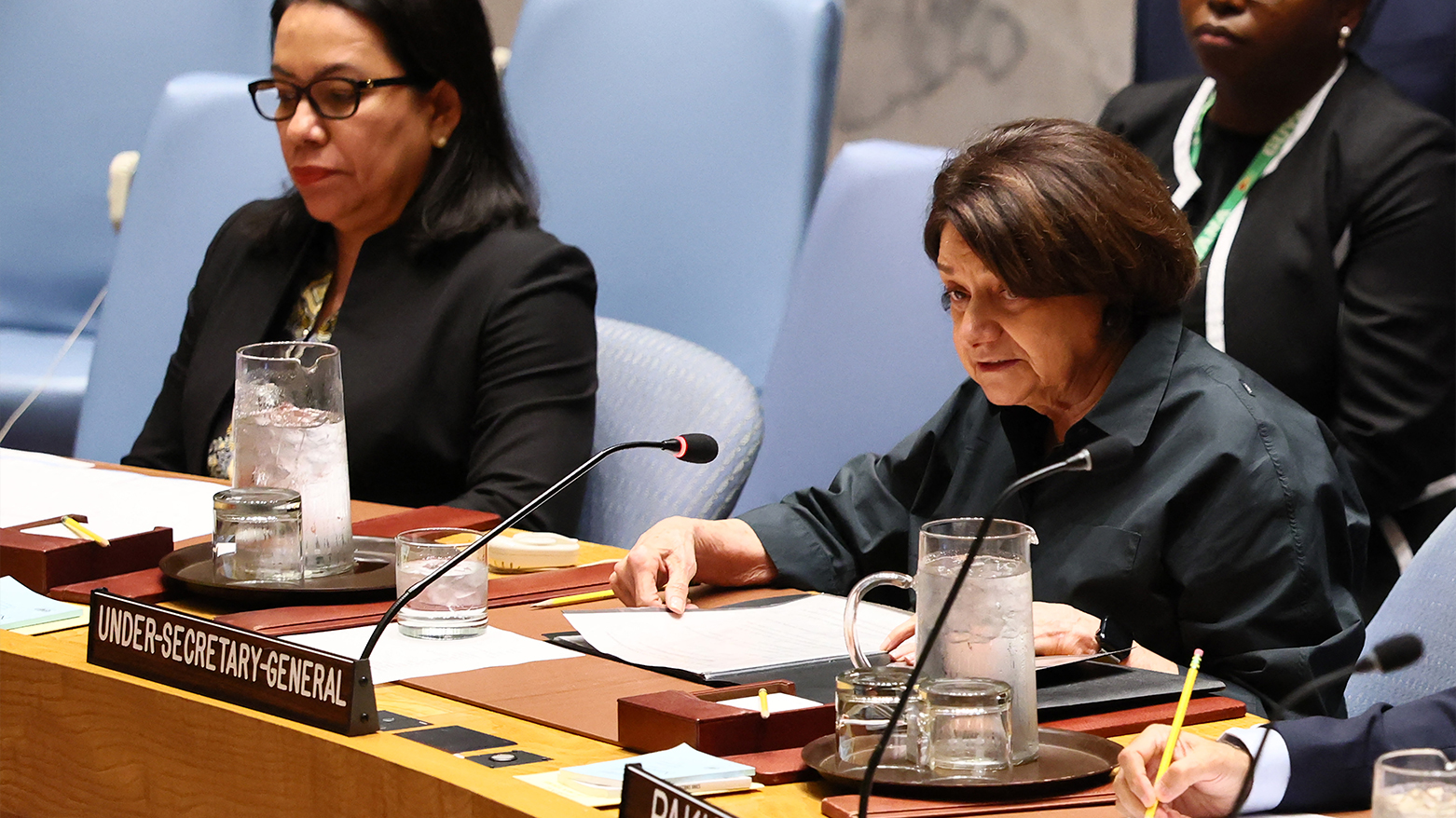
"I reaffirm the Secretary-General’s condemnation of any military escalation in the Middle East," DiCarlo stated. "We must avoid at all costs a growing conflagration which would have enormous global consequences."
She added that the attacks came just as significant diplomatic efforts, including U.S.-Iran talks in Oman, were set to resume—talks that Iran has since reportedly withdrawn from.
Rafael Grossi, Director General of the International Atomic Energy Agency (IAEA), also addressed the Council, confirming communication with Iranian nuclear authorities and warning of the risks such strikes pose.
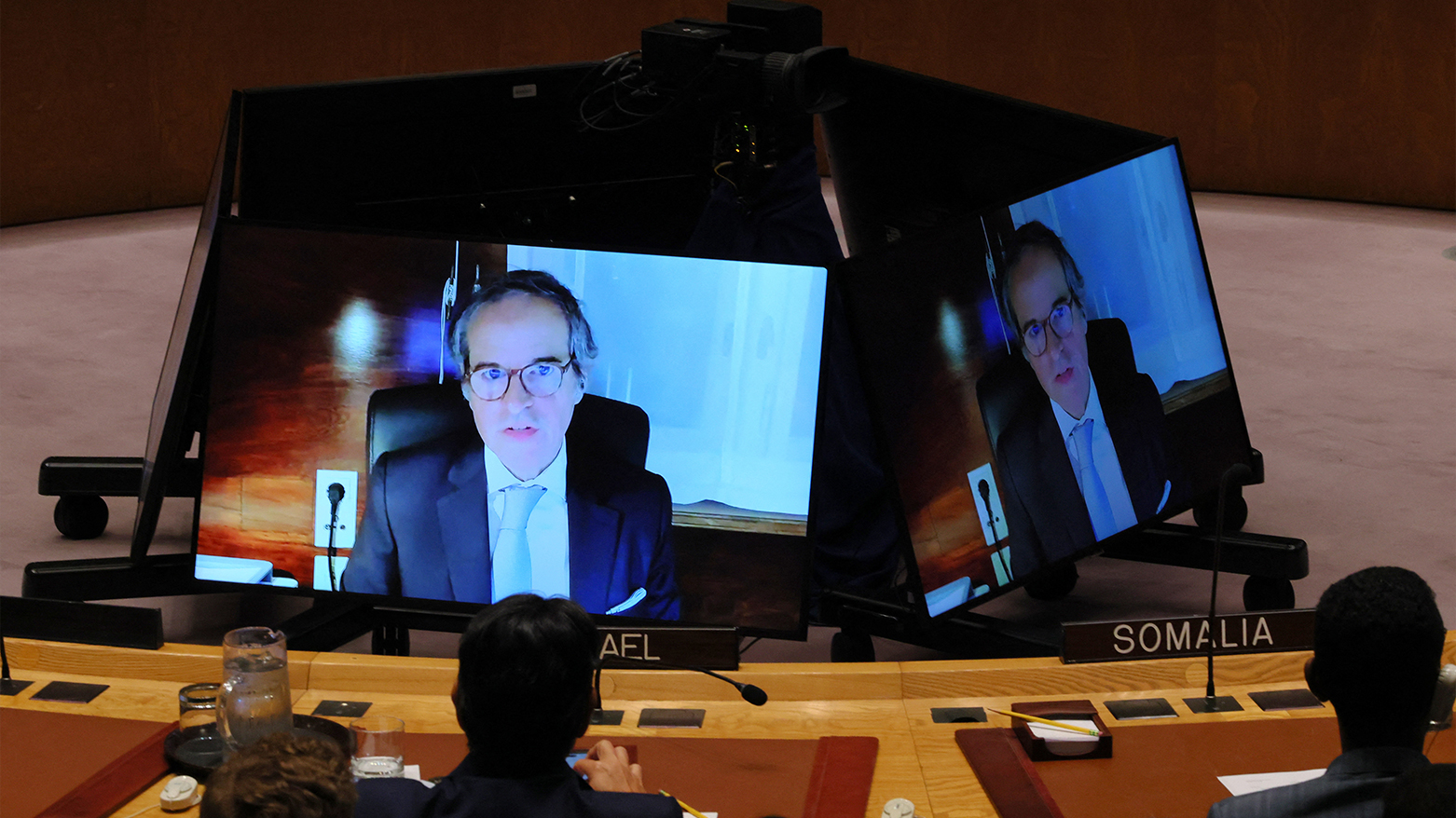
"Nuclear sites must never be targeted – under any circumstances," Grossi emphasized. He offered the IAEA as a neutral venue for dialogue and pledged to travel to the region to assess safety and compliance.
Reactions from Council members revealed deep divisions:
- Russia's Ambassador Vassily Nebenzia called the Israeli strikes a "completely unprovoked attack" and a "gross violation of the UN Charter," warning they risk a "large-scale nuclear catastrophe."
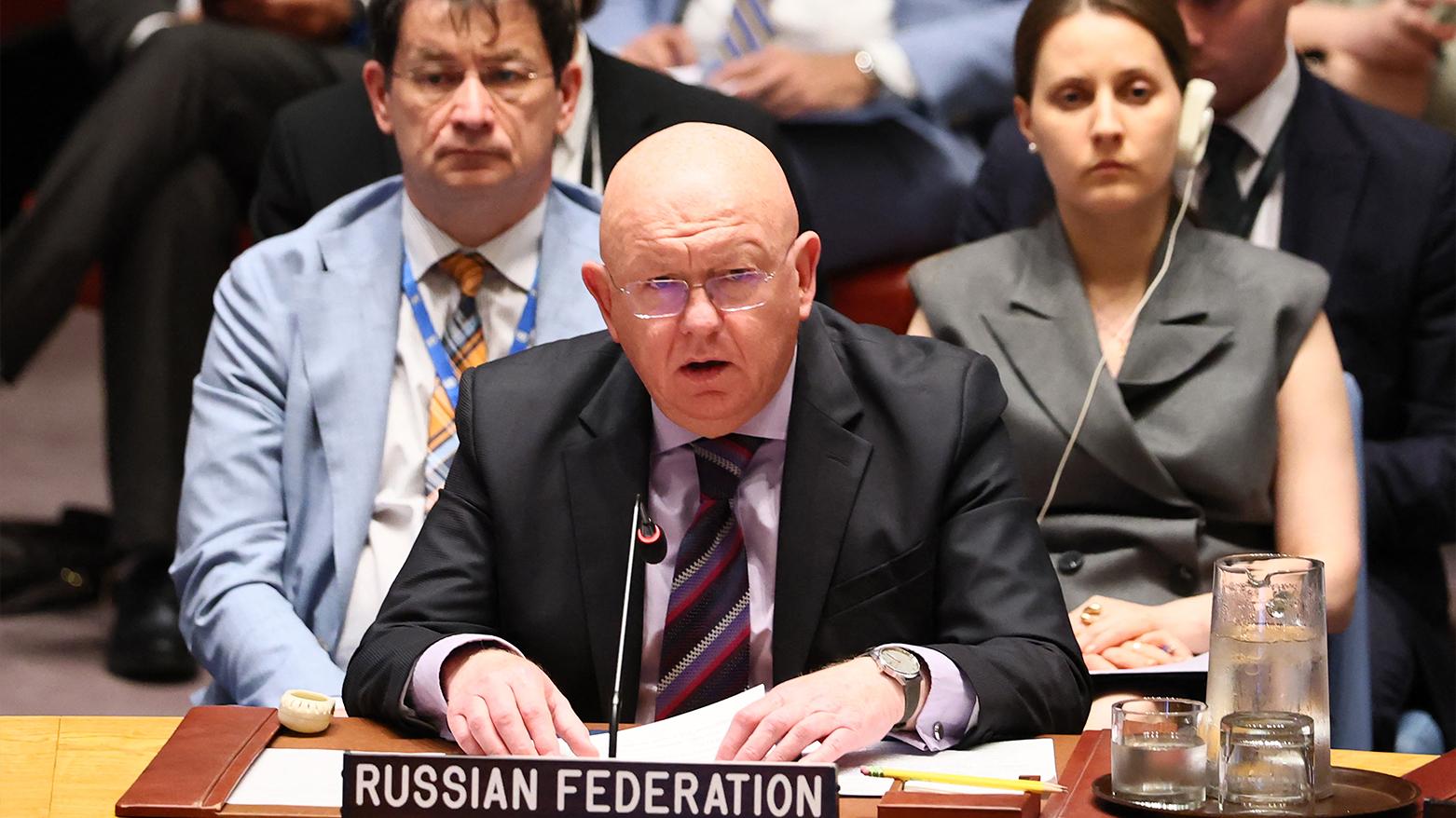
- Pakistan's Ambassador Asim Iftikhar Ahmad defended Iran's right to self-defense under Article 51 of the UN Charter, labeling Israel's actions as "morally repugnant" and part of a broader pattern of militarism.
- U.S. representative McCoy Pitt asserted that while Washington had prior knowledge of the operation, it was not involved. "This dangerous regime cannot be allowed to have nuclear weapons," he said, reiterating U.S. support for a diplomatic resolution.
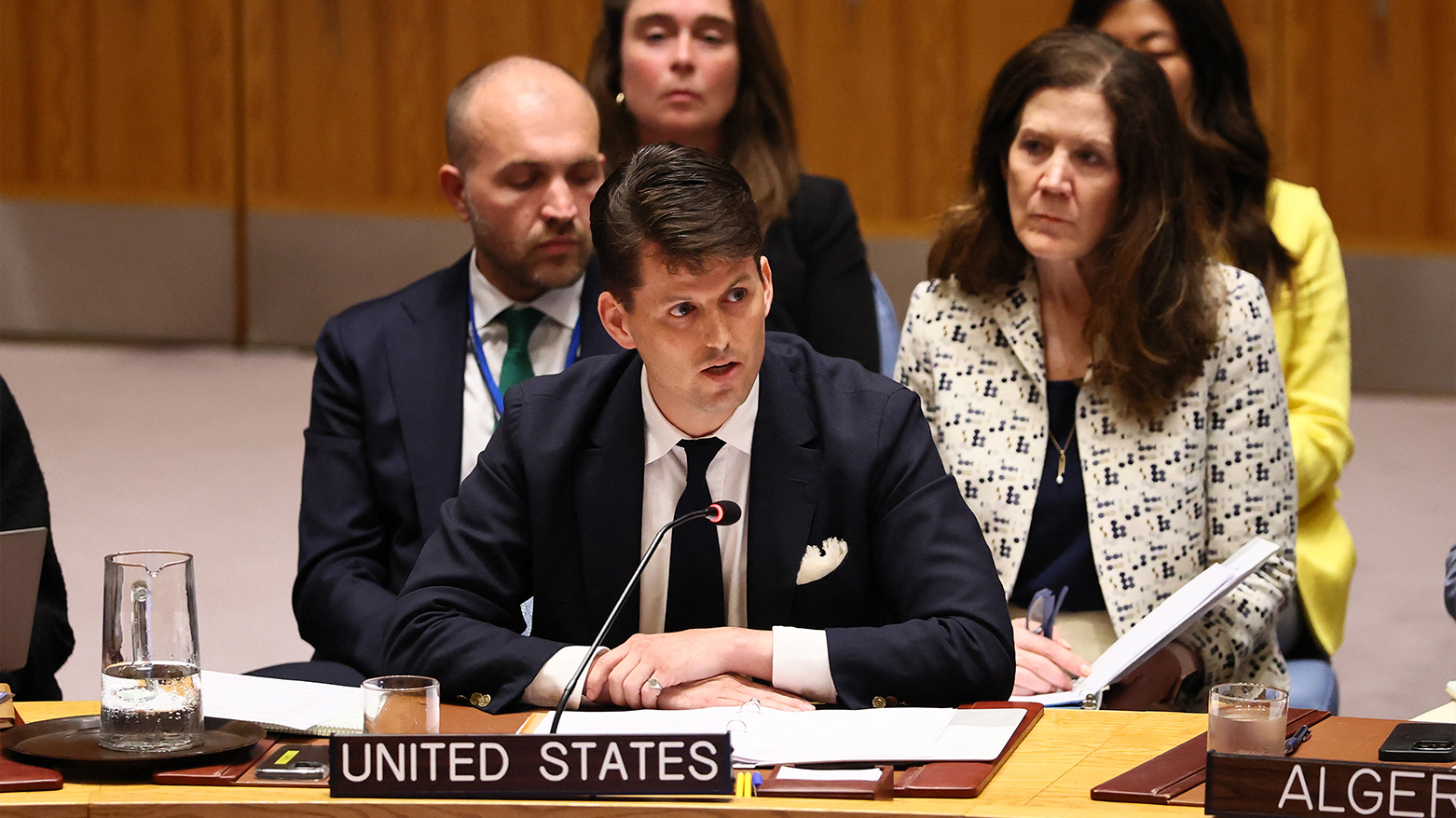
- Iranian Ambassador Amir Saeid Iravani condemned the strikes as "State terrorism" and warned that targeting nuclear facilities posed catastrophic regional risks. He accused the U.S. of complicity and called for international accountability.
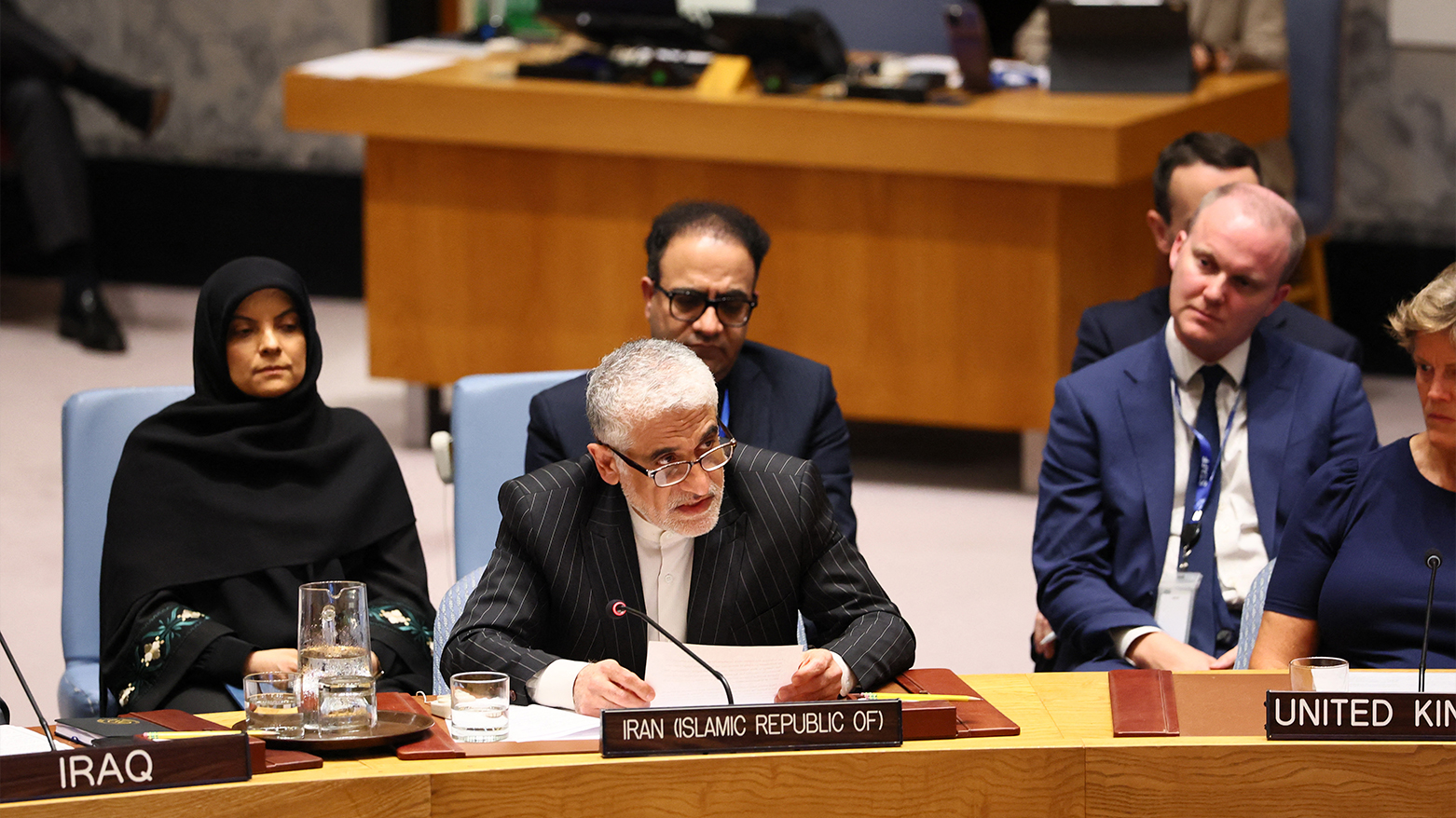
- Israeli Ambassador Danny Danon defended the operation as a "precise and necessary act of national preservation," stating Israel had exhausted all other options. "This was not reckless. It was deliberate, it was defensive, and it was vital," Danon said.
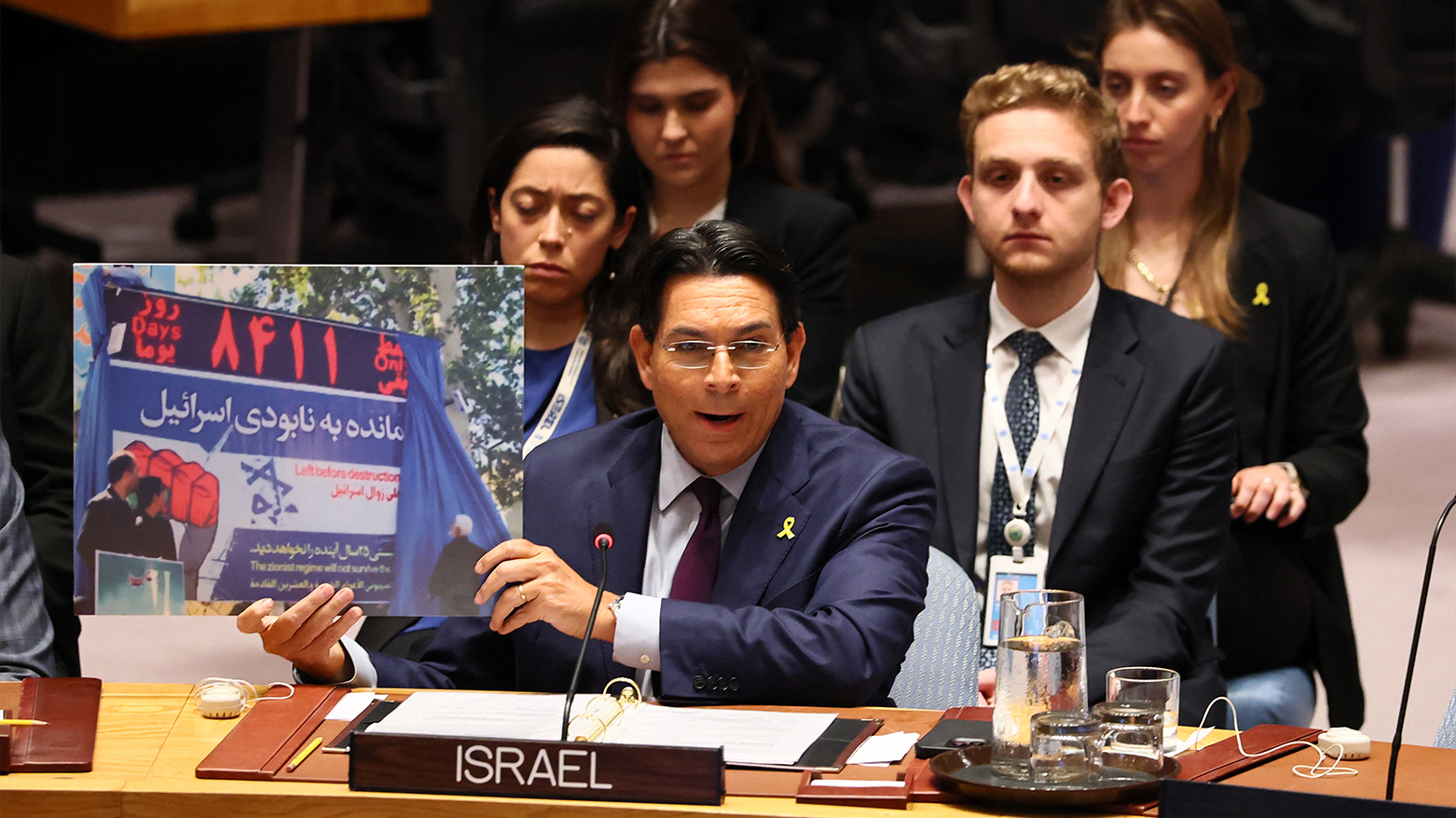
The emergency session highlighted deepening geopolitical rifts and growing urgency as the international community grapples with one of the most dangerous escalations in the Middle East in recent history.
